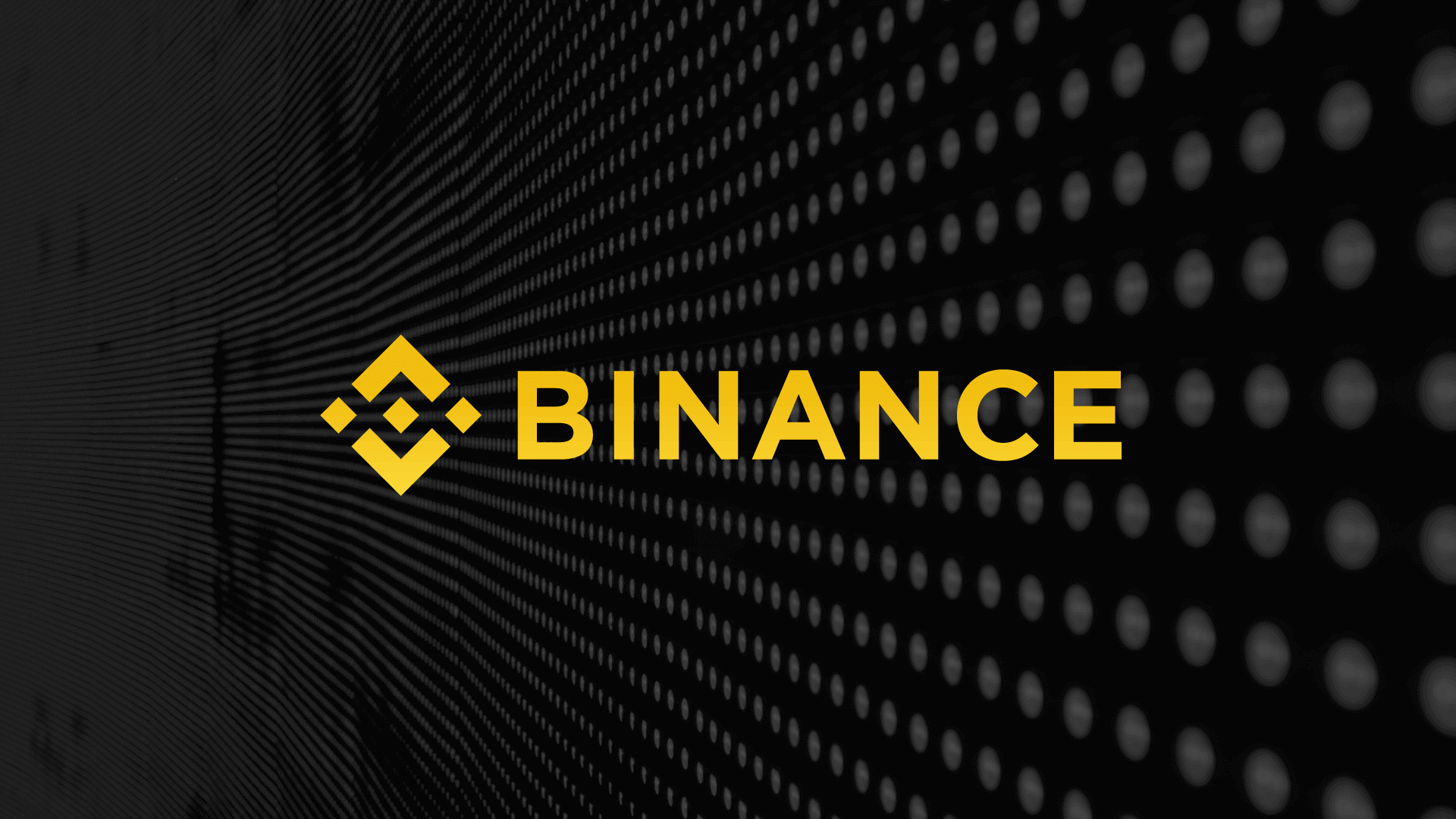Binance Adds Five Tokens to VIP Loan, Market Reaction Mixed
30.04.2025 20:00 1 min. read Alexander Stefanov
Binance has rolled out new borrowing options for a fresh batch of altcoins, introducing Hyperlane, SIGN, Initia, KERNEL, and WalletConnect to its VIP Loan platform.
While the move was positioned as a step toward boosting token utility and exposure, market reactions didn’t follow a clear path—only one asset out of the five managed to rally as the rest slipped into the red.
The announcement, made public on April 30, briefly stirred speculation around potential price jumps and improved liquidity. However, those expectations didn’t quite align with real-time trading data.
SIGN was the outlier, posting an impressive 50% surge over the week, though it couldn’t avoid a steep 18% dip during the day. KERNEL fell 5% within hours and showed a broader weekly slide of 10%.
Hyperlane didn’t fare much better, dropping by 3% on the day and 27% across seven days. WalletConnect and INIT also followed the downward trend, with only minor fluctuations to cushion the decline.
Despite Binance’s continued expansion of asset offerings, this latest batch has revealed a clear disconnect between availability and performance—at least in the short term. Still, with the broader crypto market leaning bullish, investors may yet find renewed interest in these tokens as liquidity builds and sentiment evolves.
-
1
Sui Price Prediction: SUI Could Rise to $5 If This Pattern Plays Out
16.06.2025 23:35 3 min. read -
2
XRP Could Beat Solana to the ETF Finish Line, Analysts Say
12.06.2025 17:00 2 min. read -
3
Pi Price Prediction: Can Pi Coin Retest All-Time Lows?
13.06.2025 20:10 3 min. read -
4
Trump Family Reaches Resolution on Memecoin Dispute, Eyes Major Token Purchase
08.06.2025 14:00 2 min. read -
5
Plasma’s ICO: A $500M Frenzy Sparks Fairness Debate
10.06.2025 22:00 2 min. read
TRON (TRX) Eyes Breakout as Bollinger Bands Signal Squeeze
According to a new analysis from CryptoQuant, TRON (TRX) may be gearing up for a breakout as tightening Bollinger Bands point to an imminent expansion in volatility.
Key U.S. Events to Watch This Week That Could Impact Crypto
The first week of July brings several important developments in the United States that could influence both traditional markets and the cryptocurrency sector.
Here Is How Your Crypto Portfolio Should Look Like According to Investment Manager
Ric Edelman, one of the most influential voices in personal finance, has radically revised his stance on crypto allocation. After years of cautious optimism, he now believes that digital assets deserve a far larger share in investment portfolios than ever before.
GENIUS Act Could Reshape Legal Battle over TerraUSD and LUNA Tokens
In the case involving Terraform Labs and its co-founder Do Hyeong Kwon, the defense has asked the Federal Court for the Southern District of New York to extend the deadline for pretrial filings by two weeks, pushing it beyond the original date of July 1, 2025.
-
1
Sui Price Prediction: SUI Could Rise to $5 If This Pattern Plays Out
16.06.2025 23:35 3 min. read -
2
XRP Could Beat Solana to the ETF Finish Line, Analysts Say
12.06.2025 17:00 2 min. read -
3
Pi Price Prediction: Can Pi Coin Retest All-Time Lows?
13.06.2025 20:10 3 min. read -
4
Trump Family Reaches Resolution on Memecoin Dispute, Eyes Major Token Purchase
08.06.2025 14:00 2 min. read -
5
Plasma’s ICO: A $500M Frenzy Sparks Fairness Debate
10.06.2025 22:00 2 min. read


